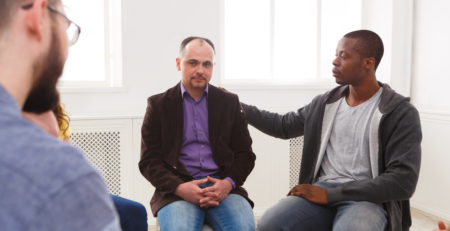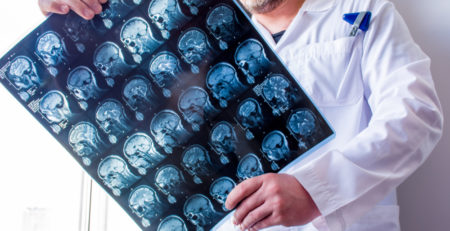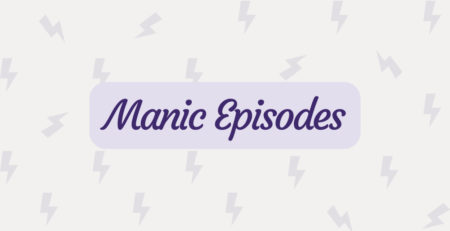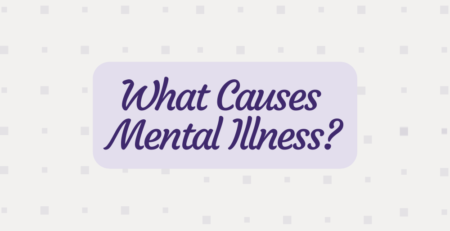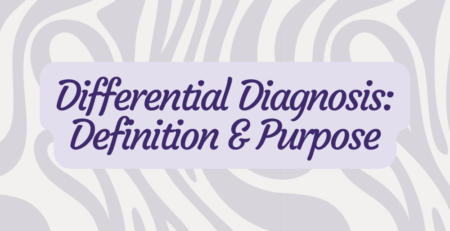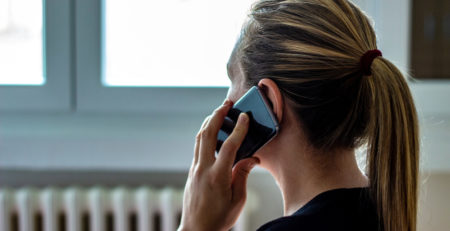How Accurate is the Mental Health Advice on TikTok?
TikTok, the social media app, has over a billion users worldwide. Out of the countless videos on the platform, many use the #mentalhealth hashtag to give information and advice to scores of people on this extremely popular app.
While the primary intention of TikTok was to allow users to create short video clips for entertainment, it has increasingly become a platform where users post information about various topics. Compounding this issue, the reach of TikTok videos is larger than other platforms that typically rely on follower-based engagement.
But can people depend on influencers for vital information on sensitive aspects such as mental health?
Is the Advice on TikTok Reliable?
According to the American Psychological Association, incidents of mental health disorders like depression and anxiety were four times higher between April 2020 to August 2021 compared to 2019.
A 2021 study in BMJ Global Health analyzed how reliable TikTok is when it comes to medical advice. According to the study, although the app has made it very convenient for people around the world to create content to reach and connect with others, there’s a great deal of misinformation.
Another 2022 study in the Journal of Pediatric Urology found that inaccurate information on the platform could harm users across age groups rather than help them.
The Dangers of Misinformation
One of the most remarkable things about social media apps like TikTok for medical information is that a lot of the information on the platform is not backed by reliable sources. In spite of this, many users approach the app’s content credulously, ready to follow the advice of unqualified creators.
The BMJ Global Health study reported that videos tagged under the “mental health” hashtag got more than 17 billion views. But the quality of the information and the competence of the individuals offering the advice were mostly unknown, which sets a dangerous precedent.
According to TikTok’s own community guidelines, the app does not allow the publication of inaccurate medical information that can cause harm to an individual’s health.
But it makes very little effort to regulate the information, and even if it does, there are many occasions where the action taken is too little too late.
Many content creators on TikTok put out videos explaining diagnoses or mental health issues without having certifications, licenses, or professional experience. A large percentage are teenagers. This has led to many users uploading controversial videos that have become popular, harming those that believe them.
A 2021 deep dive published by Mashable found that the short format of the videos on TikTok could lead to incorrect self-diagnosis and also downplay grave conditions that could profoundly affect someone’s life.
Get Professional Help for Depression, Trauma, and More
A vast majority of individuals with mental health issues think their symptoms are normal and avoid talking about it or getting help out of shame or fear. They may find it challenging to determine whether they’re experiencing a usual response to a stressful situation or if what they’re going through is much more serious.
Every mental health condition has specific symptoms and only a professional can evaluate mental well-being and recommend treatments if needed. Instead of looking for answers from inaccurate sources like TikTok, approach a qualified medical practitioner who can provide the help you need.
The experts at Serene Behavioral Health provide clinically valid diagnoses to help individuals seeking help with mental health conditions including:
- Depression & mood disorders
- Anxiety disorders
- Trauma & PTSD
- Borderline personality disorder
- Schizoaffective disorder
Our recovery programs chart effective methods to improve mental health and teach essential skills to lead a healthy and satisfying life. To learn more, contact our treatment team.



